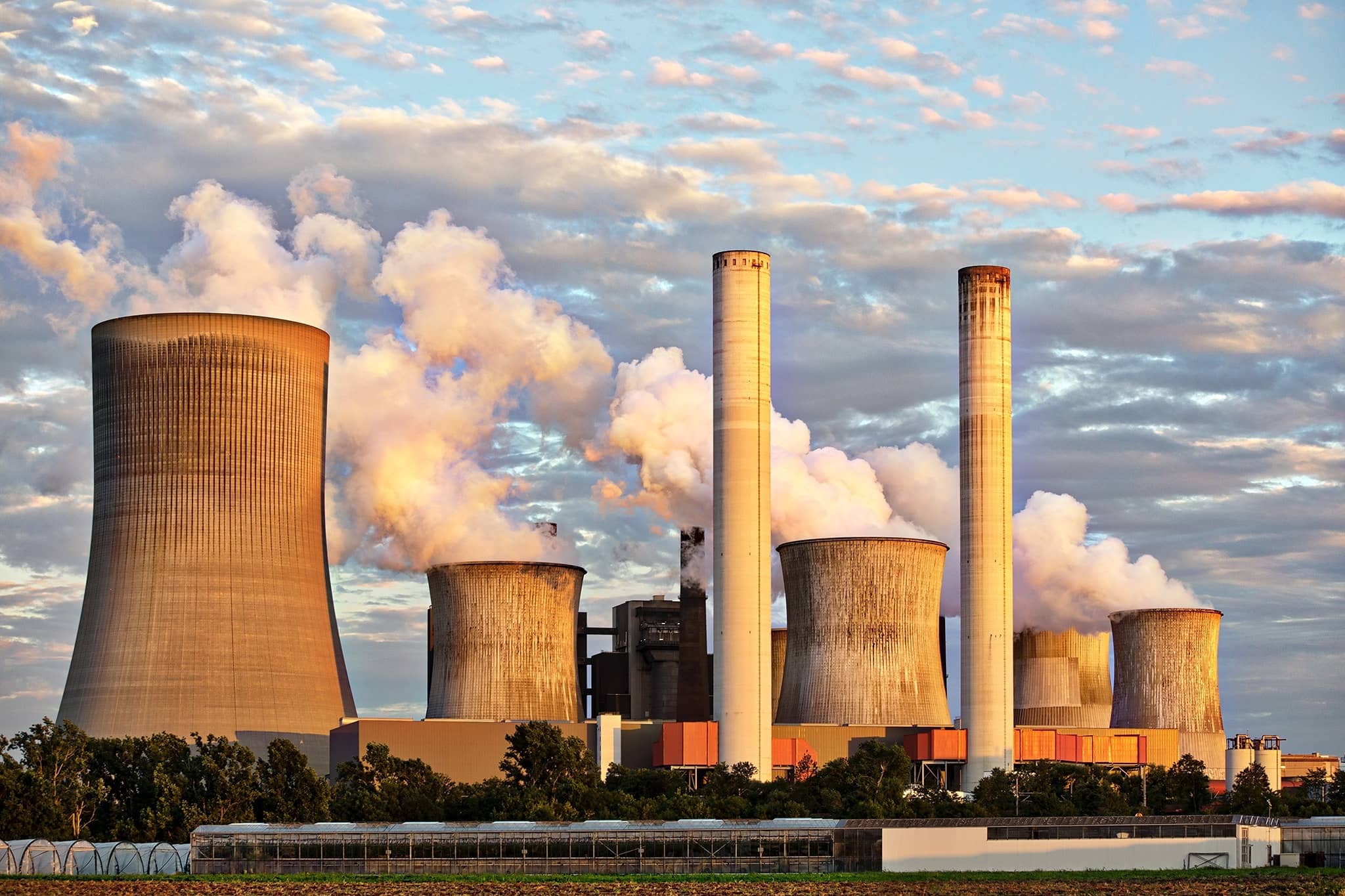Iran’s nuclear program has long been a source of concern and contention on the international stage. As a well-researched student, it is essential to examine how Iran’s pursuit of nuclear capabilities has ratcheted up global tensions and impacted the geopolitics of the Middle East and beyond.
Historical Context
Iran’s nuclear ambitions date back to the 1950s when it received assistance from the United States as part of the Atoms for Peace program. However, concerns began to rise in the early 2000s when it was revealed that Iran had secretly conducted nuclear activities in violation of its commitments under the Nuclear Non-Proliferation Treaty (NPT). These revelations triggered a series of international negotiations and sanctions aimed at curbing Iran’s nuclear program.
The Joint Comprehensive Plan of Action (JCPOA)
In 2015, Iran and six world powers, including the United States, reached a landmark agreement known as the JCPOA. Under this deal, Iran agreed to significant limitations on its nuclear program in exchange for the lifting of economic sanctions. The JCPOA represented a diplomatic breakthrough and a potential solution to the nuclear standoff.
However, tensions escalated when, in 2018, the United States unilaterally withdrew from the JCPOA, citing concerns about Iran’s regional behavior and claiming that the deal did not go far enough in curbing Iran’s nuclear program. This decision exacerbated global tensions surrounding Iran’s nuclear activities.
Nuclear Enrichment and Regional Influence
Iran has consistently denied any intention to develop nuclear weapons, maintaining that its nuclear program is for peaceful purposes, such as energy generation and medical research. However, its persistent pursuit of nuclear enrichment capabilities, including uranium enrichment, has raised suspicions among the international community.
Moreover, Iran’s regional influence has contributed to global tensions. The nation has been involved in conflicts and proxy wars across the Middle East, supporting groups like Hezbollah in Lebanon and Houthi rebels in Yemen. Iran’s involvement in these conflicts has exacerbated regional instability and heightened tensions with neighboring countries and international actors.

Global Repercussions
Iran’s nuclear program has had several global repercussions:
- Renewed Sanctions: Following the U.S. withdrawal from the JCPOA, the Trump administration reimposed sanctions on Iran, crippling its economy and intensifying economic hardship for its citizens.
- Military Posturing: The situation has prompted military posturing in the region, including the deployment of U.S. military assets and an increased U.S. military presence in the Persian Gulf, which has the potential to spark accidental conflict.
- Diplomatic Challenges: Diplomatic channels have been strained, making it difficult to find a peaceful resolution to the nuclear issue and address broader regional concerns.
- Non-Proliferation Concerns: Iran’s nuclear activities have ignited fears of nuclear proliferation, potentially encouraging other countries in the region to pursue their own nuclear programs.
Current Status and the Way Forward
In recent years, attempts have been made to salvage the JCPOA. In 2021, the United States, Iran, and other parties engaged in negotiations to revive the agreement. While progress has been made, challenges remain, including disagreements over the sequencing of sanctions relief and verification mechanisms.
As a well-researched student, it is crucial to emphasize the importance of a diplomatic resolution to the Iran nuclear issue. Diplomacy provides the best path to ensure that Iran’s nuclear program remains peaceful and that global tensions are reduced. International cooperation, adherence to the NPT, and efforts to address broader regional concerns are essential components of a comprehensive solution.
In conclusion, Iran’s nuclear program has indeed ratcheted up global tensions, with implications that extend beyond the nuclear issue itself. The way forward requires continued diplomatic engagement, mutual concessions, and a commitment to regional stability to mitigate tensions and ensure a peaceful resolution to this longstanding conflict.
